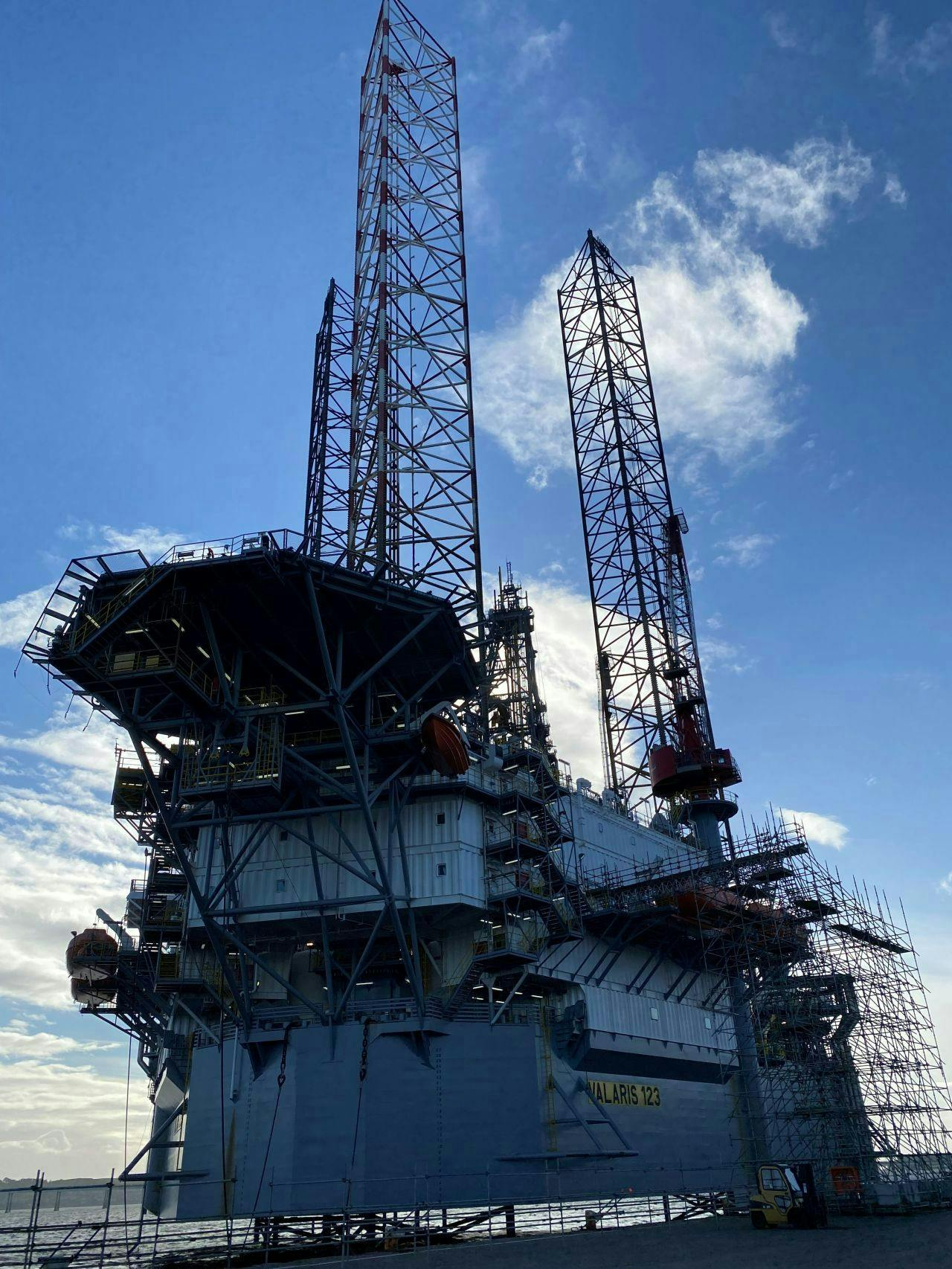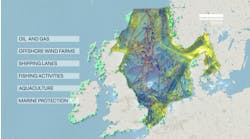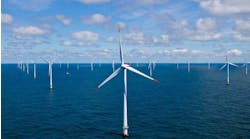Deltic facing road block in quest for North Sea finance
Offshore staff
LONDON — Deltic Energy has run into difficulties with the farm-out process for its share in the Shell-operated Pensacola gas/oil discovery in the UK southern North Sea.
In an update, the company cited problems attracting investors due to the conservative government’s “continual tinkering” with its Energy Profits Levy on North Sea oil and gas companies, and the opposition Labour Party’s more punitive fiscal plans for the sector, with a general election set to be staged in the UK later this year.
The combination has had a severely negative effect on the ability of UK exploration and production (E&P) companies to commit to long-term investments in the North Sea, Deltic said, with many operators diverting capital away from the UKCS or delaying investment decisions, especially for potential large-scale development opportunities such as Pensacola.
It means that securing access to traditional equity capital, as the company has accomplished previously, will likely not be a viable option for it to pay its 30% share of costs for a fothrcoming appraisal well on Pensacola (currently estimated to be £15 million/$18.7 million net to Deltic).
While the company will consider alternative sources of capital and non-traditional funding structures to mitigate costs and/or secure its equity position in the well, there is no guarantee of a positive outcome.
Despite the fact that a recent competent person's report by RPS Energy assessed Pensacola ascribed a 2C NPV10 of about $200 million net to Deltic, this is far beyond the company's current market capitalization.
By the end of this month, the company will have to demonstrate its capacity to fund its share of costs for the well, and it may eventually be obliged to withdraw from the Pensacola license P2252, transferring its interest to the joint venture partners.
The jackup Valaris 123 is due to drill the Selene exploration well and the Pensacola appraisal well back to back, with Pensacola’s likely to spud during the fourth quarter.
Deltic CEO Graham Swindells said, "The struggle to find a way forward on a project like Pensacola, which is one of the largest discoveries in the North Sea in recent decades, is a real-world consequence of our political leadership using the nationally important oil and gas industry as a political football at a time when energy security is of paramount importance.
“Given the impact of fiscal and political uncertainty on investment decisions, we have seen a shift away from investment in larger standalone projects, like Pensacola, toward more affordable, lower risk opportunities, which defer decommissioning or increase infrastructure life such as Selene, and the company's Syros prospect in the central North Sea, where we have seen an enhanced level of interest.”
Australian E&P company Hartshead Resources has also expressed concern over prospects for its Phase 1 Anning/Somerville gas fields development in the UK southern gas basin.
The partners remain committed to progressing the project subject to receiving certainty, regarding future fiscal policy, Hartshead said. It remains in discussions concerning project finance and infrastructure funding to reduce the upfront Phase 1 capex.
It accepts that there will be further changes to the UK’s oil and gas fiscal regime.
05.02.2024




